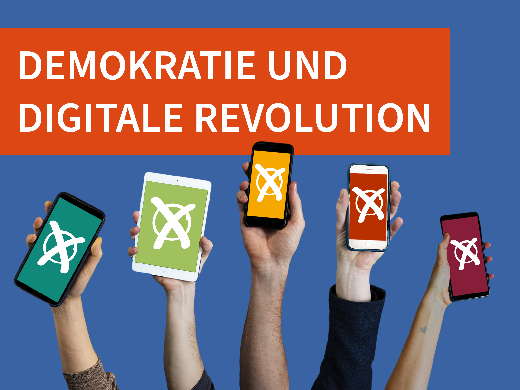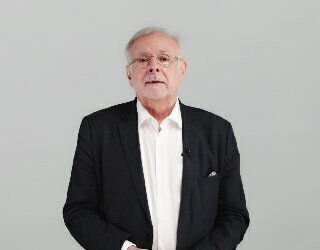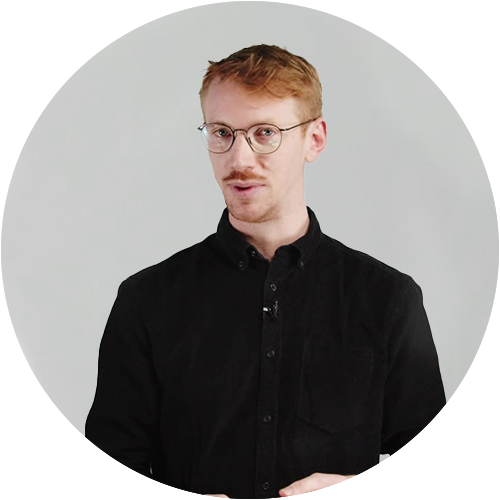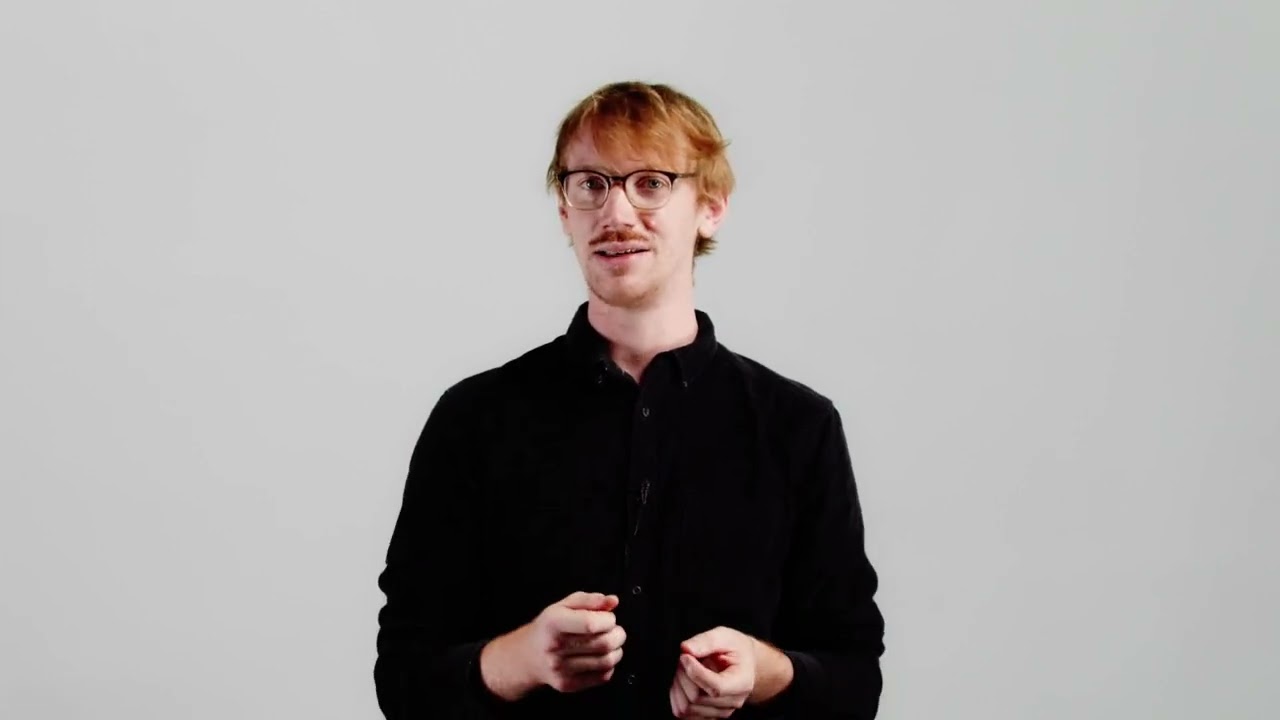


Democracy and Digital Revolution
University of Vienna
Oliver Rathkolb & Maximilian Brockhaus
Tentang
Trailer untuk Democracy and Digital Revolution
Konten
Konten Kursus
The term "digital revolution" describes the emergence of digital technologies and developments and the rapid pace at which they have permeated all areas of our society in the past few decades. This phenomenon is having an enormous impact not least on our democratic coexistence: democracies, democratic structures and institutions are working at a slower pace, while at the same time being confronted with the fact that they cannot keep up with the speed of digital developments. In the Massive Open Online Course (MOOC) "Democracy and Digital Revolution", experts from various disciplines in science, politics and society make the effects of the digital revolution on our democratic coexistence visible from a theoretical and practical perspective: they shed light on historical developments and current trends in digitization, looking at everything from the origins of the Internet to social media and artificial intelligence. In this way, we want to give you a multi-perspective approach to this broad topic, conveying both factual knowledge and practical skills, relevant terms and concrete examples, as well as critical questions and possible solutions. All of this should in turn encourage you to think about a fair and democratic future in the "digital age".
After all, the "digital revolution" has long since arrived in our midst; it is the reality we are confronted with every day. We must not forget that we are in control and have a significant influence on how we shape this common future, which values we want to strengthen and which measures we want to take - the MOOC ultimately invites you to form your own critical opinion, position yourself and take action.
Tujuan Kursus
After completing the MOOC, participants will be able to ...
-
... contextualize terms, theories and concepts of "democracy" and "digitalization" from different disciplines.
-
...understand historical developments and milestones in the digitalization of our society in order to better understand the status quo.
-
... classify theoretical concepts, such as "digital humanism", and apply these critical ideas to current developments.
-
... recognize practical examples of the influence of the digital on one's own life and behaviour, understand points of contact and deal with them critically.
Pengetahuan Sebelumnya
Not necessary
Prosedur Kursus
The MOOC consists of 6 lessons, which include lectures with interactive elements, forum discussions, quizzes, suggestions for self-reflection and further reading.
Sertifikat
For actively participating in the course you will receive an automatic certificate which includes your username, the course name as well as the completed lessons. We want to point out that this certificate merely confirms that the user answered at least 75% of the self-assessment questions correctly.Lisensi
This work is licensed under CC BY-SA 4.0Kursübersicht
- Lektion 1: Einführung – Demokratie und Digitale Revolution
- Relevanz und Ziele des Kurses
- Womit sich unsere Demokratie konfrontiert sieht
- Stadt und Universität als Partner der Transformation
- Lektion 2: Digitale Revolution, Demokratieverständnis und
die Herausforderungen digitaler (Un)gleichheiten
- Digitale Revolution und Demokratieverständnis
im historischen und gegenwärtigen Kontext
- Medien – Körper – Digitalisierung: Der
digitalen (Un)gleichheit auf der Spur
- Digitale Revolution und Demokratieverständnis
im historischen und gegenwärtigen Kontext
- Lektion 3: Chancen und Herausforderungen der Digitalen
Revolution
- Demokratie in Zeiten Künstlicher Intelligenz
- Die (Nicht-)Reaktion des Rechtssystems auf die "Digitale Revolution" seit den 70-er Jahren
- Demokratie in Zeiten Künstlicher Intelligenz
- Lektion 4: Digitalisierung und Stadtentwicklung
- Stadt(teil)veränderungsprozesse im Kontext der Digitalisierung
- Die Digitalisierungsstrategie der Stadt Wien
- Digitaler Humanismus in Wien
- Lektion
5: Algorithmen und Künstliche Intelligenz
- (Interpretierbare) Algorithmen als Basis der Digitalisierung
- Die materiellen Politiken der Künstlichen
Intelligenz
- (Interpretierbare) Algorithmen als Basis der Digitalisierung
- Lektion 6: Begegnungen mit der Digitalen Revolution im
Alltag
- KI in Lehre, Forschung und Studium
- Kann man Demokratie nach Hause bestellen?
- Der Netzwerkeffekt
- Fazit und Ausblick
Note: The references must be retained if the licensed material is reproduced and/or distributed in whole or in part, or if modified material is created, reproduced, and/or distributed.
Instruktur Kursus

Oliver Rathkolb & Maximilian Brockhaus
Univ.-Prof. Mag. DDr. Oliver Rathkolb
Oliver Rathkolb is Professor of Contemporary History at the Institute of Contemporary History at the University of Vienna and has been Chairman of the Scientific Advisory Board of the House of European History in Brussels since 2019. His research fields include European history in the 20th century, Austrian and international contemporary history in the field of political history, as well as cultural and media history. This last focus in particular was addressed in the lecture series "Democracy and Digital Revolution", which he organized together with Maximilian Brockhaus in the winter semester 2022 and from which this MOOC was also created.

Maximilian Brockhaus, MA
Maximilian Brockhaus is a PhD-candidate at the Institute of Contemporary History at the University of Vienna. His research interests focus on the theoretical and practical examination of the communication of (contemporary) history as well as a multi-perspective, interdisciplinary view of history in the public sphere. A particular focus of his research and teaching activities is the area of tension between "democracy and the digital revolution", whereby the historical genesis of media and digital developments, the interaction between media and society and the classification of current developments from the fields of AI and Co. on our democratic coexistence are in the foreground.
Masuk & Mendaftar Saat ini: 323 Peserta
Gratis untuk semua € 0.00
Mitra
The lecture series that gave rise to this MOOC was conceived and designed in cooperation with the City of Vienna. The City of Vienna has set itself the goal of becoming the "Digitization Capital of Europe", and Vienna's digitization strategy has the primary goal of improving the common good and people's lives. Cooperation between the city and the university is an important part of this.

University of Vienna
Wien
